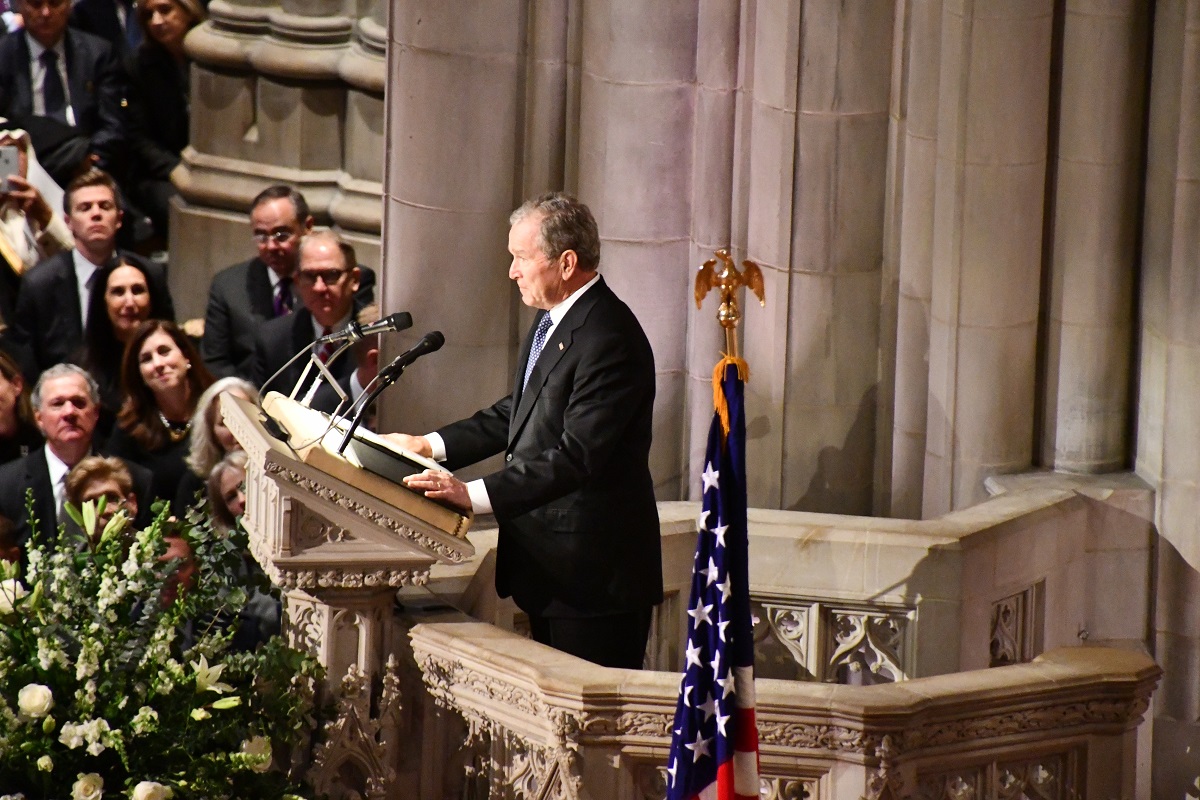A eulogy speech is often given at a funeral, wake, celebration of life, or other events commemorating a person's passing. It is considered a type of tribute speech that praises the deceased and acknowledges their life and impact on others.
Whether it is during a memorial service or funeral service, a eulogy is a lovely way for a friend or family member of the deceased to honor the life of their lost loved one.
Derived from the Greek word “Eulogia,” meaning “to praise,” the goal of the eulogist is to tell stories and anecdotes about the deceased in remembrance.
What Does “Eulogy” Mean?
A eulogy is a type of public speaking where friends, close family, or other loved ones of the deceased speak about the person’s life. A good eulogy will include funny stories, touching memorable moments, and perhaps even high praise for the life they have lived.
What Is The Difference Between A Eulogy And A Tribute?
The main difference between a eulogy and a tribute is with a tribute, the person being honored might still be living. Both of these show respect, honor, and fondness for the person they are speaking about. A tribute can also be a gift, award, or service.
After the recent death of Queen Elizabeth, the Archbishop of Canterbury Justin Welby gave the eulogy at the funeral, but the public pad tribute with flowers left by the gates of Buckingham Palace, Windsor Castle, and various other public locations.

Technically, a eulogy is a type of tribute.
As a side note, it is worth mentioning that an elegy is a poem written in remembrance of the deceased. Sometimes, a person delivers an elegy as part of the eulogy. Those words are not, however, interchangeable.
Who Usually Delivers A Eulogy?
Typically, a close family friend or the deceased’s best friend delivers the eulogy. A family member can do it, of course, but often, family members are too broken up to deliver a eulogy without losing their composure.
Giving a eulogy as a close friend is not necessarily easy, so don’t be surprised if you cry or become emotional when speaking. It is expected.
Customs and traditions vary throughout different religions and cultures. A priest, minister, rabbi, or other religious community leader may insert the eulogy into the funeral service.
If the service is held at a funeral home, the funeral director might speak to various family members and then provide the eulogy. More often than not, the eulogy is given by a close friend.
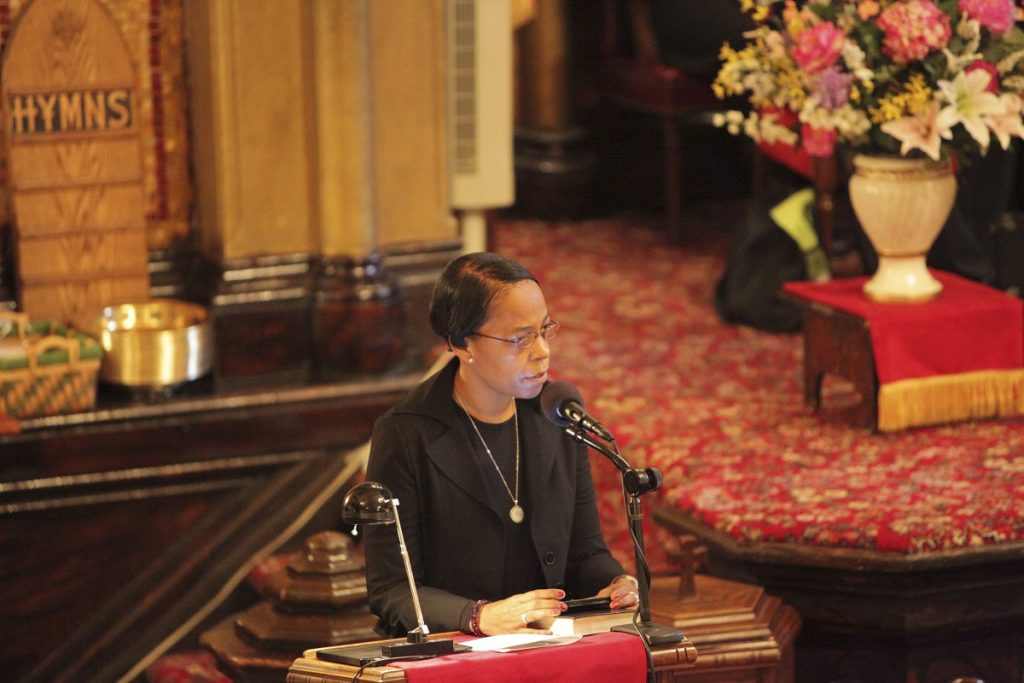
What Do You Say In A Eulogy?
A eulogy is not a biography of the person’s life, and no one expects you to hit on every minute of the life of the deceased.
However, a good eulogy shares favorite memories, as well as some of the most important things that occurred throughout the deceased’s life.
A great eulogy helps those in attendance to both remember the person who has passed away and perhaps even get to know them a little better.
What Is The Purpose Of A Eulogy?
- Assist in providing closure to those in attendance
- Depict a life well-lived
- Honor the life of the deceased
- Pay respects and tribute
- Share life stories
What Are The Three Parts Of A Eulogy?
First, it bears mention that there are three main ways people may choose to organize a eulogy. The three ways are:
- Chronological – “Helen was born in 1934 in Jackson, Michigan, the third child of Henry and Masie Williams….”
- Thematic – “Anyone who knew Helen recognized that she was a caring person willing to go the extra mile…”
- Key points about the individual’s life – “Helen was a runner who just missed making the 1984 Olympic team, a well-respected physical therapist, and dependable coach for the local Kids Run the Nation Program program.
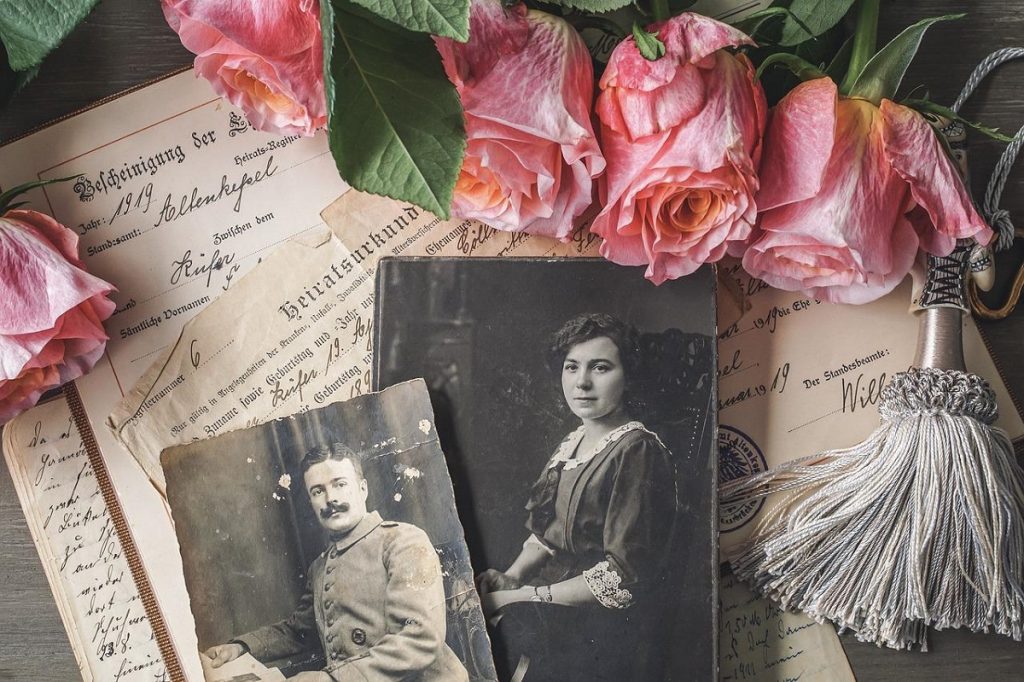
No matter which method you choose, the speech has three main parts.
Introduction
In the introduction, you establish yourself as the speaker, including your relationship to the deceased and their family and why you are honored to be speaking today.
This establishes your credibility with the group as well as gives them a frame of reference to understand your perspective.
Body
The meat and potatoes of the eulogy will include stories and anecdotes of the deceased person’s life. Stories should be funny or touching.
Don’t share anything too sad. It is certainly not appropriate to say bad things about the deceased person nor to dredge up perceived character flaws. Try to keep it lighthearted if you can.
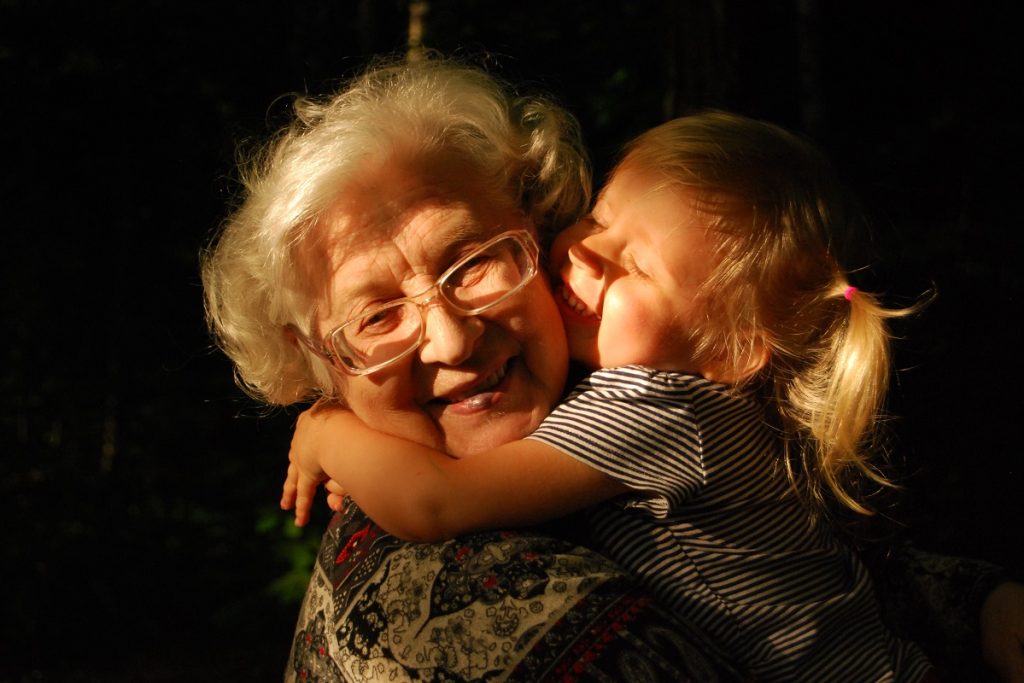
Conclusion
One never wants to end any speech too abruptly. How you have chosen to organize your speech can help you determine how to wrap things up.
You might want to end with a quote or by pulling all of the stories together.
For example, if all your stories were about your loved ones giving nature, bring it together by pointing that out to the guests.
It is also appropriate to end things by stating the obvious, that the deceased will be dearly missed.
The family may ask you to thank individuals who were integral in helping them get through this difficult time.
Also, you may be requested to invite guests to a luncheon or other event to ensure people are aware.
How Long Should A Eulogy Be?
A eulogy funeral speech should be 3-5 minutes but can be as long as 10 minutes. The important thing is not to speak too long. Brevity is the reason behind not offering a thorough chronological replay of the person’s life.
If you have eight minutes of anecdotes and a wonderful sense of humor that will engage people for that long, you can easily use the time. However, not everyone can eulogize someone for that long without rambling or becoming too emotional.
Tips in Eulogy Writing
- Ask questions about other friends and family members.
- Consider those in attendance who will be listening. Avoid sharing stories that others will not understand.
- Focus on the deceased rather than your relationship with them.
- Limit the eulogy to 2-4 main points.
- Have Kleenex on hand in case you get emotional.
- Maintain eye contact when speaking.
- Paint a picture of a life well lived.
- Positive personality traits can, and should, be shared.
- Speak slowly and carefully enunciate.
- Wear something appropriate for the occasion.
- Write down what you plan to say and practice.
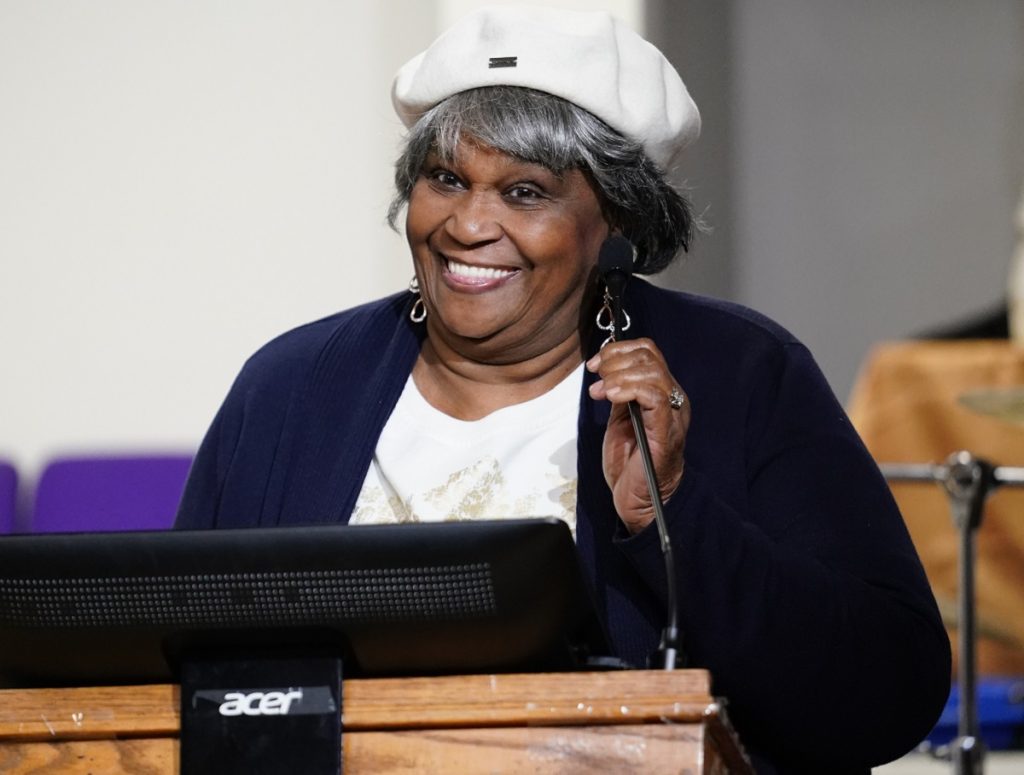
What Are The Three Things You Should Never Say In A Eulogy?
- Avoid comments on old grudges.
- Don’t discuss character flaws of the deceased.
- “Everything happens for a reason.” This statement does nothing helpful to minimize the pain of those mourning.
- Refrain from discussing how the person died.
- Tell lighthearted stories to make people smile rather than sad stories.

